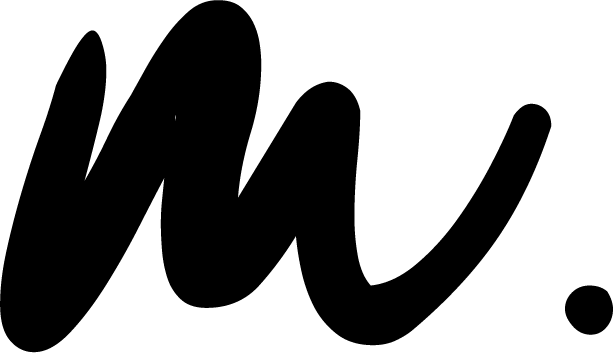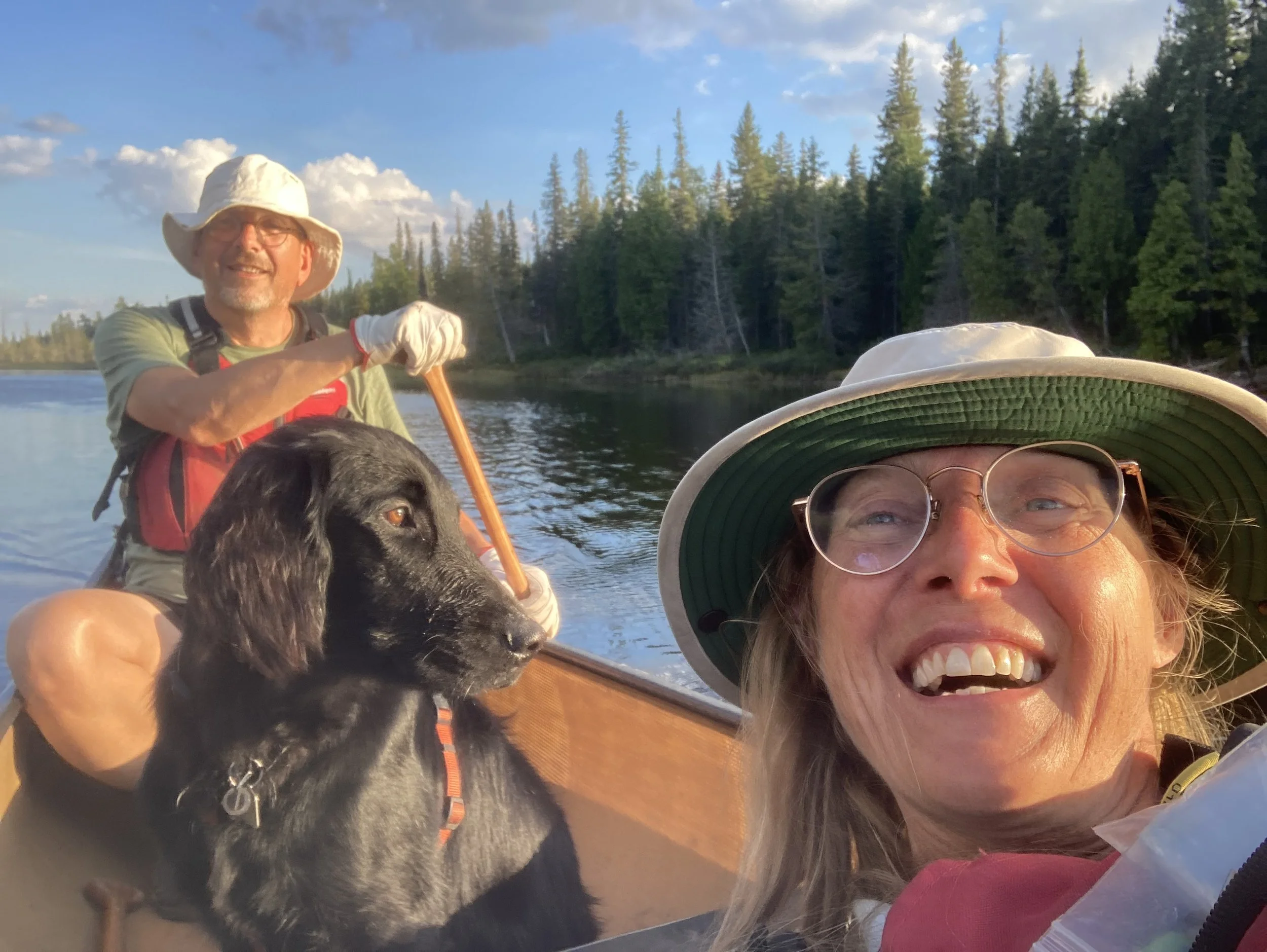Like murmurations, happenings are happening.
How to say what is felt and still not known?
Who will hear this message and become curious?
Who will hear this message and shut down?
Who will hear this message?
So many questions!
Sometimes, when I tell a story in a group, one of the listeners will cut-in. Someone attempts to define, out loud, for themselves, what I’m talking about.
“Oh, yes, synchronicities.”
or
“I love synchronicities.”
or
“So, you’re talking about synchronicities, then.”
Synchronicities? Is that what I’m talking about?
I notice, now, a resistance to writing about synchronistic events I’ve observed. Not everything needs to be shared. Sometimes sharing can create a relationship rupture. I remember a few from early on in my life. I feel this pain arising in my heart muscle. My heart rate increases. I breathe deep and as I breathe out, Let go. Relax. I become still. Pain expands and I stay with it. In a few breaths, it fades.
Etymology online tells me this about the word synchronous, the word before the word synchronicity:
1660s, "existing or happening at the same time," from Late Latin synchronus "simultaneous," from Greek synkhronos "happening at the same time," from syn- "together" (see syn-) + khronos"time" (see chrono-). Meaning "recurring at the same successive instants of time" is attested from 1670s. Related: Synchronously.
A renowned physicist says about time:
"The distinction between past, present, and future is only a stubbornly persistent illusion." ~ Albert Einstein.
Carl Jung: (noted in etymology online to have been associated with the first use of the word synchronicity)
Jung believed many occurrences labeled as “coincidences,” are not actually due to chance. He believed the observer’s mind made connections. He believed synchronicities provide powerful insight, direction and guidance. Research led me to a website and post and an example of a synchronistic event
Jung’s client was a highly educated and rational woman with a serious demeanor. Jung knew he would not be able to get through to her on a deeper level unless an irrational event occurred in the form of a coincidence. Jung sought out anything he could use to get through to her.
Shortly after, the woman began describing a significant dream of a golden scarab (a costly piece of jewelry). As she was describing this beetle in more depth, Jung heard a tapping at the window behind him. He opened the window and revealed a live goldish-green scarab beetle, not native to the area.
Astonished, Jung quickly grabbed the beetle, and walked it over to the woman and said, “here is your scarab.” This event was enough to help break the woman from her overly rationalistic world-view and connect her dream world to her waking life– a fundamental revelation in Jungian Psychology.
Have you ever been thinking of someone, right before they called? Have you ever dreamed of finding something lost, and found it a few days later?
Jung says the call-after-the-wondering and the finding-after-the-dream-of-finding are synchronistic events.
In my experience, synchronicity is unsettling when I’m trying to figure out what is happening and how it is happening. I don’t think I’ll ever really know. Let’s face it, I'm at a starting place of learning! I’m starting with the etymology of the word! I may die before I have experimented enough with synchronicity to have anything more to say than: Well, what do you think synchronicity means? What is your experience?
I’m interested in the question. I’m interested in this experience of life. I’ve discovered if I laugh more easily, I live happier. I’ve discovered I can take in the reality of the world and I can find joy. I wonder how the position I take in relationship to synchronous events impacts my experience of them?
And…here is a synchronous thought, arising at the same time as the last lines I’ve written: I feel joy. (The resistance to the synchronicity topic has faded, and joy is here! Woot Woot!!)
Joy is one of my big words since the summer when I was in a canoe out in the wilds for days and days. Canoe Tripping we call it. You voyage a distance-over-time by canoe. (Ten days is typical for us.) You take your food in an unsinkable, bear-proof barrel, and your shelter, clothing, fire, paddles, life jackets. You take pounds and pounds and you must carry them (portage) from one lake to the next or expertly secure your survival gear when travelling a river. Canoe Tripping. What a gift. What difficulty. What struggle. What joy. So many days I have been joy-riding in the front of the canoe!!
From etymology online:
c. 1200, "feeling of pleasure and delight;" c. 1300, "source of pleasure or happiness," from Old French joie "pleasure, delight, erotic pleasure, bliss, joyfulness" (11c.), from Latin gaudia"expressions of pleasure; sensual delight," plural of gaudium "joy, inward joy, gladness, delight; source of pleasure or delight," from gaudere "rejoice," from PIE root *gau- "to rejoice" (cognates: Greek gaio "I rejoice," Middle Irish guaire "noble").
As a term of endearment from 1580s.
So…I started with wondering if anyone would read this post and I end with a confidence I didn’t realize I’d find this afternoon.
Joy is writing. I will write more about this soon. : )

